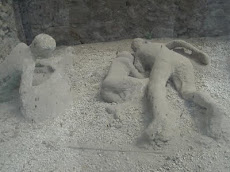What is the meaning of this perpetual duet or, rather, antiphony between the two voices, one crying out that the theatre is on the point of death and the other that it is just about to be born again? Is not the explanation to be found in the simple fact that the drama is an art and shares the primary aim of all art, which is – whatever Tolstoi may urge to the contrary – to give pleasure? And this pleasure of art, it must be borne in mind, is in the first instance – whatever higher forms it may take in the long run – a pleasure of the senses. It is not the intellectual pleasure of solving a proposition of Euclid, nor is it the moral pleasure of letting a good deed shine in a naughty world. A picture, whatever else it does, must first please the eye, a piece of music must first please the ear. And pleasure of the senses is only to be had at the price of perpetual change; for it is an elementary physiological law that the mere repetition of the same stimulus will not be followed by the same pleasurable reaction.
in Times Literary Supplement, nr 1, pág. 6
